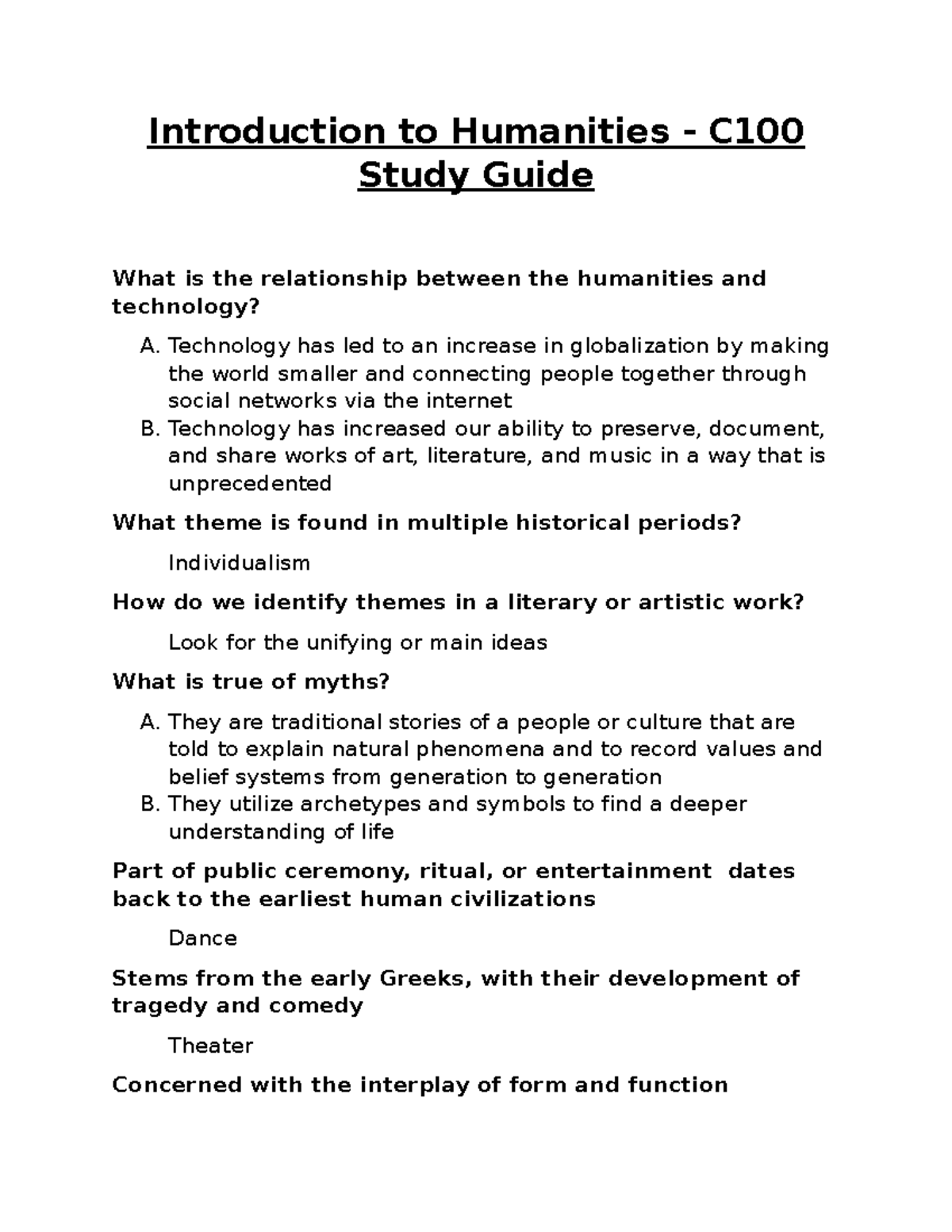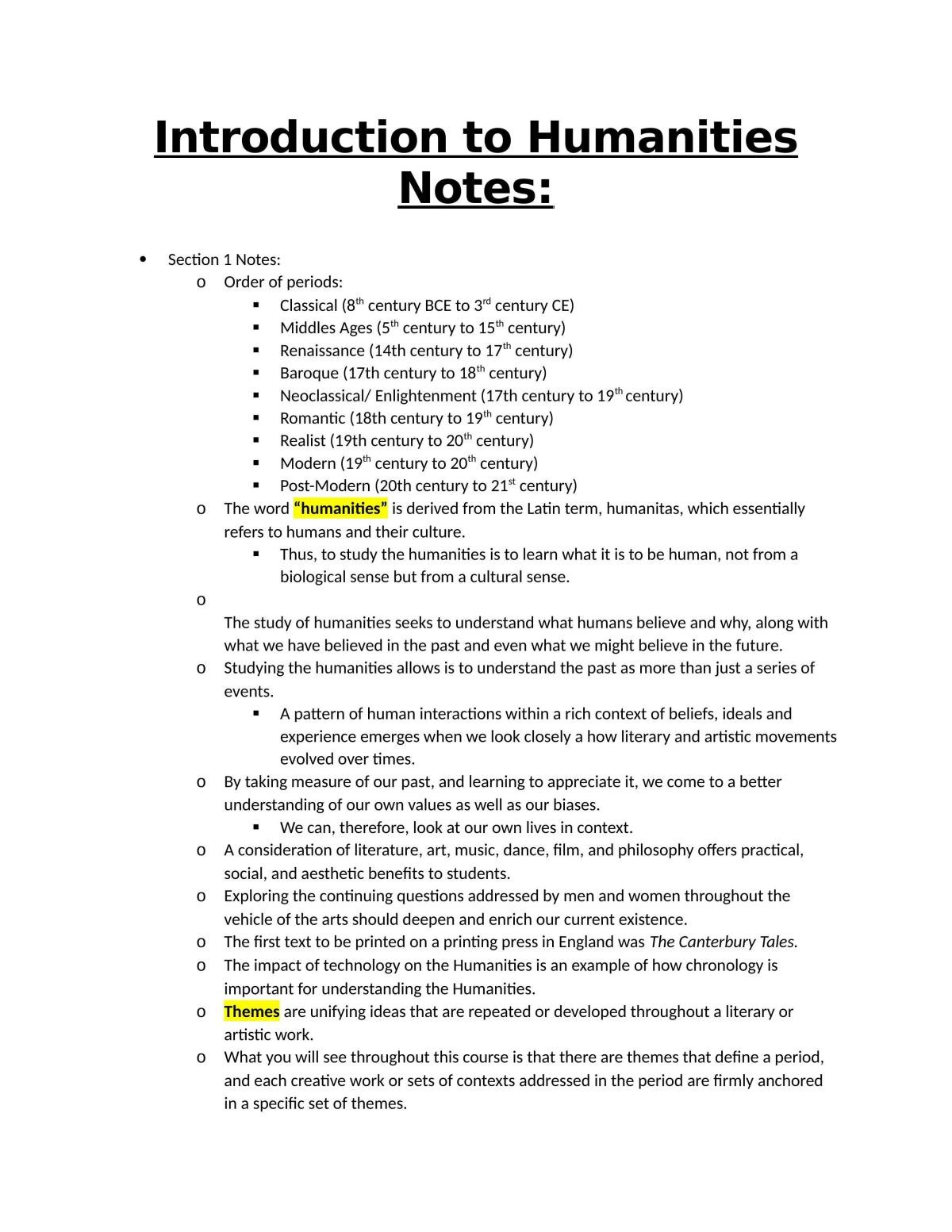Chimamanda Ngozi Adichie is a prominent figure in contemporary literature, known for her profound storytelling and keen insights into the human experience. With her latest work, “Dream Count,” Adichie explores themes of grief in fiction and the concept of radical honesty, which she considers vital for impactful writing. This long-anticipated novel, born from over a decade of dedication, follows the intertwined lives of four women navigating love and self-discovery amidst life’s struggles. Adichie’s ability to portray complex characters and their emotions has positioned her as a leading voice among female authors today. As she engages with her audience, Adichie offers invaluable writing advice, emphasizing the necessity of vulnerability and authenticity in creative expression.
Chimamanda Ngozi Adichie stands as a beacon of modern literature, with her narratives often reflecting the intricacies of human emotions. In her much-anticipated novel, “Dream Count,” she delves into personal and collective grief within the realm of fiction, sharing insights that are as relatable as they are profound. The book intricately weaves together the lives of various characters, each journeying through love and identity amid challenging circumstances. Adichie’s unique storytelling is not just a hallmark of her work but also serves as a source of inspiration for aspiring novelists seeking guidance in their craft. By marrying elements of reality with imaginative storytelling, she embodies the transformative power of writing.
Chimamanda Ngozi Adichie: Master of Radical Honesty in Fiction
Chimamanda Ngozi Adichie has carved out her own space in the literary world, primarily through her commitment to radical honesty in her writing. This mantra is eloquently reflected in her latest novel, “Dream Count,” where she invites readers to engage with the raw emotional truths of her characters. Instead of veering away from difficult themes, Adichie embraces them, weaving narratives that resonate deeply with the experiences of love, loss, and self-discovery. The use of radical honesty not only heightens the authenticity of her protagonists’ journeys but also fosters a powerful connection with her audience, who find themselves mirrored in the complexities of her storytelling.
Through her candid exploration of grief, particularly in light of her father’s passing, Adichie showcases how personal experiences can shape and inform narrative structures. The emotional weight of grief permeates “Dream Count,” reminding readers of the delicate balance between vulnerability and strength. By openly addressing her personal truths, Adichie not only validates her own experiences but also empowers her readers to confront their struggles and recognize the multifaceted nature of human emotion. This approach reinforces her status as a significant voice among contemporary female authors, challenging traditional norms and encouraging a more honest depiction of life’s trials.
Exploring Grief in Fiction: A Lens Through ‘Dream Count’
Grief serves as a structural bedrock in Chimamanda Ngozi Adichie’s “Dream Count,” guiding the narrative and character development throughout the novel. The story intricately examines the lives of four women, each grappling with their own forms of hardship and loss. Adichie’s portrayal of grief transcends mere plot device; it becomes a lens through which the nuances of life are explored. This thematic focus not only allows for rich character development but also invites readers to reflect on their own experiences with grief, ultimately connecting them to the larger tapestry of human emotions.
Adichie’s deep analysis of grief is complemented by her emphasis on self-knowledge and introspection, particularly following the tragic loss of her father. In her discussions about grief, she highlights how personal loss can evoke profound insights about identity and relationships. As characters in “Dream Count” confront their individual and collective losses, they also embark on journeys of self-discovery, exploring the complexities of their own desires and regrets. This multifaceted illustration of grief not only elevates the narrative but also serves as a poignant reminder that loss often leads to the most powerful revelations about ourselves.
Writing Advice from Chimamanda Ngozi Adichie: The Importance of Honesty
During her recent events, Chimamanda Ngozi Adichie shared valuable insights into her writing process, emphasizing the importance of authenticity and vulnerability. Aspiring writers often seek guidance on balancing personal experience with creative expression, and Adichie’s advice underscores that true storytelling stems from an earnest exploration of one’s own truths. She advocates for writers to embrace the notion of radical honesty, allowing their experiences and emotions to inform their narratives deeply. This approach not only enhances the quality of the writing but also resonates with readers looking for genuine voices in literature.
Moreover, Adichie’s reflections on the challenges of writer’s block offer practical wisdom for fellow authors. By suggesting that writers should engage in related activities, such as reading poetry or immersing themselves in the beauty of language, she highlights that creativity does not merely emerge from forced effort but can often be coaxed out by stepping back and nurturing one’s artistic sensibilities. This holistic understanding of writing as simultaneously a discipline and an art form can inspire female authors and budding novelists alike to persevere in their craft, regardless of the obstacles they may encounter.
The Role of Female Authors in Contemporary Literature
Female authors like Chimamanda Ngozi Adichie play a pioneering role in contemporary literature, bringing diverse perspectives and narratives to the forefront. Their works often challenge societal norms, combine realism with imagination, and address pressing issues such as gender inequality, identity, and cultural heritage. Adichie’s contributions, particularly through powerful novels like “Dream Count,” showcase the importance of female narratives in enriching the literary landscape and providing representation for women’s experiences across various cultures.
Additionally, female authorship fosters a sense of community among writers and readers alike. Adichie and her contemporaries share insights, experiences, and resources that empower young women to pursue their voices in a traditionally male-dominated industry. The emergence of dedicated platforms for female authors promotes inclusivity, encouraging a broader understanding of the narratives that shape our world today. Through their dedication and radical honesty, female authors like Adichie are not just telling stories; they are cultivating spaces for dialogue, empathy, and growth within the literary community.
The Intricacies of Love and Self-Discovery in ‘Dream Count’
In “Dream Count,” the intricate relationships and journeys of love experienced by its protagonists reveal profound insights about self-discovery. Each character navigates their own unique paths, reflecting on what love means to them and how it influences their personal identities. Adichie’s ability to explore the complexities of love—be it familial, romantic, or platonic—offers readers a multifaceted view of this fundamental human experience, highlighting how love can both uplift and complicate one’s life.
As the characters journey through their trials, they uncover layers of emotional depth that compel them to question their circumstances and ultimately discover who they are at their core. Adichie skillfully intertwines these personal discoveries with broader themes of societal expectations and personal aspirations, which can often conflict. This exploration of love and self-awareness resonates deeply with readers, compelling them to reflect on their own relationships and the ways in which love shapes their identities and choices.
Connecting Personal Experiences to Narratives: Adichie’s Approach
Chimamanda Ngozi Adichie’s writing often transcends mere storytelling by intimately connecting her personal experiences to her narratives. Her latest book, “Dream Count,” is emblematic of this approach, as it draws heavily from her own life events, including the profound grief following her father’s death. By weaving elements of her personal journey into her fiction, Adichie crafts stories that feel both authentic and relatable, resonating with readers on a deeper emotional level and inviting them into her world.
This connection entreates writers to consider how their experiences shape their storytelling. Adichie demonstrates that by embracing vulnerability and sharing personal stories, writers can create more authentic connections with their audience. Her emphasis on radical honesty fosters a literary environment rich in authenticity, encouraging emerging authors to find strength in their own narratives. This interplay between personal experience and creative expression ultimately underscores the transformative power of storytelling in bridging individual and collective experiences.
Understanding the Pandemic’s Influence on Modern Fiction
The COVID-19 pandemic has marked a significant turning point in many aspects of life, including literature. In “Dream Count,” Adichie reflects on how the unique backdrop of the pandemic allowed for introspection and a reevaluation of life’s priorities. This period of pause and uncertainty has unlocked new dimensions in storytelling, where themes of isolation, longing, and connection resonate profoundly. Through her characters’ stories, Adichie captures the collective sentiment of hope and resilience faced by many during these trying times.
Moreover, the pandemic’s influence encourages writers to explore various facets of human experience that arise in the wake of such global events. Adichie’s narrative takes advantage of this momentous backdrop by examining how personal tragedies can shape our understanding and appreciation of life choices. By grounding her characters’ arcs in the reality of a shared pandemic experience, she offers readers a relatable and timely exploration of contemporary issues, demonstrating how fiction can mirror societal challenges while also providing solace and understanding.
The Journey of Writing and Motherhood: Balancing Two Passions
Chimamanda Ngozi Adichie embodies the delicate balance of motherhood and a successful writing career, a reality that many female authors face. In her conversations, she acknowledges the challenges of juggling creative pursuits with family responsibilities, sharing that motherhood has taught her invaluable lessons. The experiences of nurturing her children while pursuing her passion for writing serve to enrich her creative insight, allowing her to draw from the profound complexities of love and belonging. Adichie’s reflections resonate with many working mothers who strive to fulfill personal and professional aspirations simultaneously.
Furthermore, Adichie emphasizes the importance of flexibility and self-care in maintaining this balance. She suggests that stepping back to recharge creatively is crucial; her commitment to nurturing her artistic voice—whether through poetry readings or simply allowing herself to be still—demonstrates the importance of self-care in the creative process. As she shares her journey, Adichie not only inspires fellow writers but also encourages mothers to embrace their multifaceted identities and navigate the intersections of creativity and motherhood with grace.
Frequently Asked Questions
What themes does Chimamanda Ngozi Adichie’s ‘Dream Count’ explore?
Chimamanda Ngozi Adichie’s novel ‘Dream Count’ explores themes of love, self-discovery, and the impact of grief on personal identity. Through the interconnected stories of four women, the novel delves into the paths not taken in life, revealing how personal experiences shape our understanding of ourselves and others.
How does Chimamanda Ngozi Adichie’s writing reflect radical honesty?
In her works, including ‘Dream Count’, Chimamanda Ngozi Adichie emphasizes the importance of radical honesty as a cornerstone of fiction. She believes that to write compelling stories, one must be willing to expose personal truths and emotions, embracing vulnerability to create authentic connections with readers.
What writing advice does Chimamanda Ngozi Adichie offer to aspiring authors?
Chimamanda Ngozi Adichie advises aspiring authors to embrace their own experiences and emotions in their writing. She emphasizes the necessity of giving oneself fully to the craft, encouraging writers to let go of their fears and explore their creativity freely to craft resonant narratives.
How does grief influence Chimamanda Ngozi Adichie’s writing?
Grief significantly influences Chimamanda Ngozi Adichie’s writing, as evidenced in ‘Dream Count’. After the loss of her father, she found herself reflecting on profound themes of love and self-knowledge. This personal experience of grief shaped her narrative, bringing depth and authenticity to her characters’ journeys.
What impact did the COVID-19 pandemic have on ‘Dream Count’?
In ‘Dream Count’, Chimamanda Ngozi Adichie captures the surreal experience of the COVID-19 pandemic as a backdrop for her characters’ lives. The pandemic serves as a catalyst for introspection, prompting the characters to reflect on their lives, desires, and the connections they share with one another.
Who are the main characters in Chimamanda Ngozi Adichie’s ‘Dream Count’?
The main characters in ‘Dream Count’ include Chiamaka, a Nigerian travel writer; Omelogor, her hyper-independent cousin; Zikora, a Nigerian lawyer living in Washington D.C.; and Kadiatou, Chiamaka’s housekeeper. Their intertwined stories explore love, challenges, and personal growth amidst life’s adversities.
What role does motherhood play in Chimamanda Ngozi Adichie’s life and work?
Motherhood has profoundly impacted Chimamanda Ngozi Adichie’s life and work, as she views it as a vital source of learning and balance. She acknowledges the challenges of maintaining creativity while raising her children, yet emphasizes how these experiences enrich her writing and deepen her understanding of human relationships.
| Key Points |
|---|
| Chimamanda Ngozi Adichie discusses her latest novel ‘Dream Count’, which took over a decade to complete. |
| The novel explores themes of love, self-discovery, and the impact of personal loss through the stories of four interconnected women. |
| Adichie emphasizes the importance of radical honesty in fiction writing and the need to be open to wherever the narrative may lead. |
| The backdrop is set during the COVID-19 pandemic, reflecting on how different individuals cope with significant global changes. |
| Adichie’s personal experiences with grief after her father’s passing significantly influenced the themes of the novel. |
| She believes that to love someone is to strive to truly know them, while acknowledging the limits of self-knowing. |
| Adichie shared her experiences balancing motherhood with her writing career, stressing the importance of adapting to life changes. |
Summary
Chimamanda Ngozi Adichie’s recent discussions surrounding her novel “Dream Count” reveal her deep engagement with the complexities of grief and fiction. As an author, she champions the transformative power of storytelling, offering readers an intimate glimpse into the lives of her characters while sharing her philosophical insights. This novel not only marks a significant milestone in her career but also stands as a testament to the healing potential of art and the importance of radical honesty in crafting compelling narratives.











